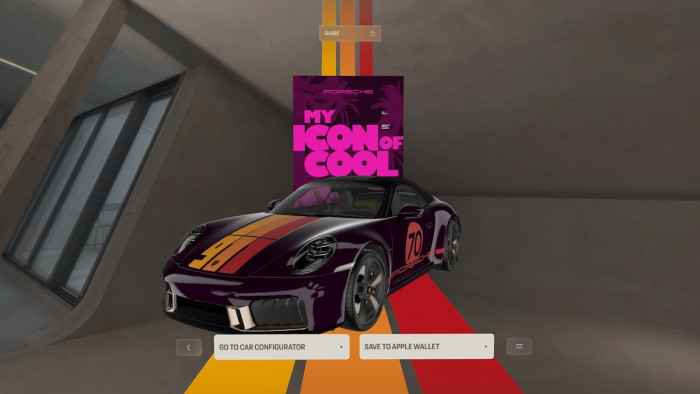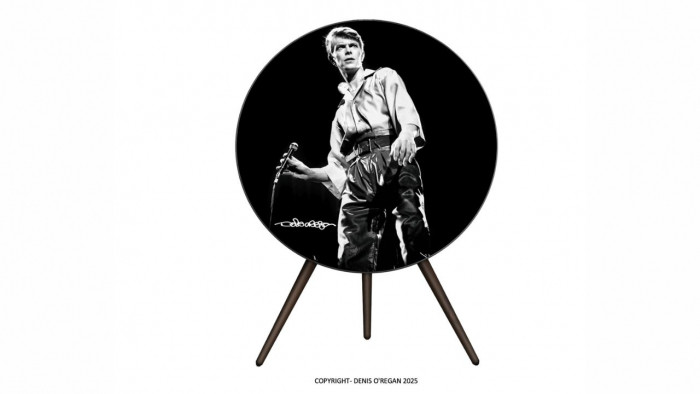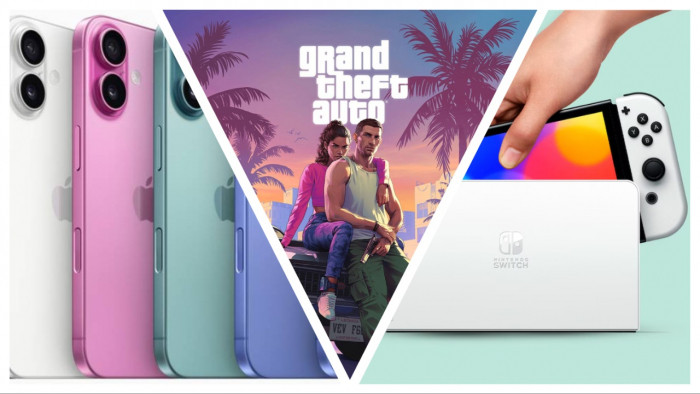Predictions for future technology aren’t always that successful. Take Tomorrow’s World, for example, the 1960s science and tech show, which predicted that by the year 2000 we’d all be wearing paper pants, that we’d be playing snooker against robots and, in 1981, said that worms were a really good source of protein that should probably be eaten in omelettes. None of which has come true, thankfully.
But that doesn’t mean ~future technology predictions~ are always rubbish: in fact, some of them are pretty good. And business student Markus Kirjonen pointed out that a bunch of predictions Bill Gates made in his 1999 book Business @ the Speed of Thought have turned out to be actually kind of creepily accurate. Almost as if he’s been involved with the development of technology since its inception or something.
Check out all 15 below.
Social Media

"Private websites for your friends and family will be common, allowing you to chat and plan for events."
Price Comparison Websites

“Automated price comparison services will be developed, allowing people to see prices across multiple websites, making it effortless to find the cheapest product for all industries.”
Mobile Phones

“People will carry around small devices that allow them to constantly stay in touch and do electronic business from wherever they are. They will be able to check the news, see flights they have booked, get information from financial markets, and do just about anything else on these devices.”
Online Payments

“People will pay their bills, take care of their finances, and communicate with their doctors over the internet.”
Smart Devices

“’Personal companions’ will be developed. They will connect and sync all your devices in a smart way, whether they are at home or in the office, and allow them to exchange data. The device will check your email or notifications, and present the information that you need. When you go to the store, you can tell it what recipes you want to prepare, and it will generate a list of ingredients that you need to pick up. It will inform all the devices that you use of your purchases and schedule, allowing them to automatically adjust to what you’re doing.”
Video streams

“Constant video feeds of your house will become common, which inform you when somebody visits while you are not home.”
Travel sites

“Software that knows when you’ve booked a trip and uses that information to suggest activities at the local destination. It suggests activities, discounts, offers, and cheaper prices for all the things that you want to take part in.”
Forums

“While watching a sports competition on television, services will allow you to discuss what is going on live, and enter contest where you vote on who you think will win.”
Smart ads

“Devices will have smart advertising. They will know your purchasing trends, and will display advertisements that are tailored toward your preferences.”
Interactive live TV

“Television broadcast will include links to relevant websites and content that complement what you are watching.”
Hyper-local social media
“Residents of cities and countries will be able to have internet-based discussions concerning issues that affect them, such as local politics, city planning or safety.”
Interest focused social networking
“Online communities will not be influenced by your location, but rather, your interest.”
Online project management

“Project managers looking to put a team together will be able to go online, describe the project, and receive recommendations for available people who would fit their requirements.”
Online recruiting

“Similarly, people looking for work will be able to find employment opportunities online by declaring their interest, needs, and specialised skills."
Business networking
“Companies will be able to bid on jobs, whether they are looking for a construction project, a movie production, or an advertising campaign. This will be efficient for both big companies that want to outsource work that they don’t usually face, businesses looking for new clients, and corporations that don’t have a go-to provider for the said service.”










